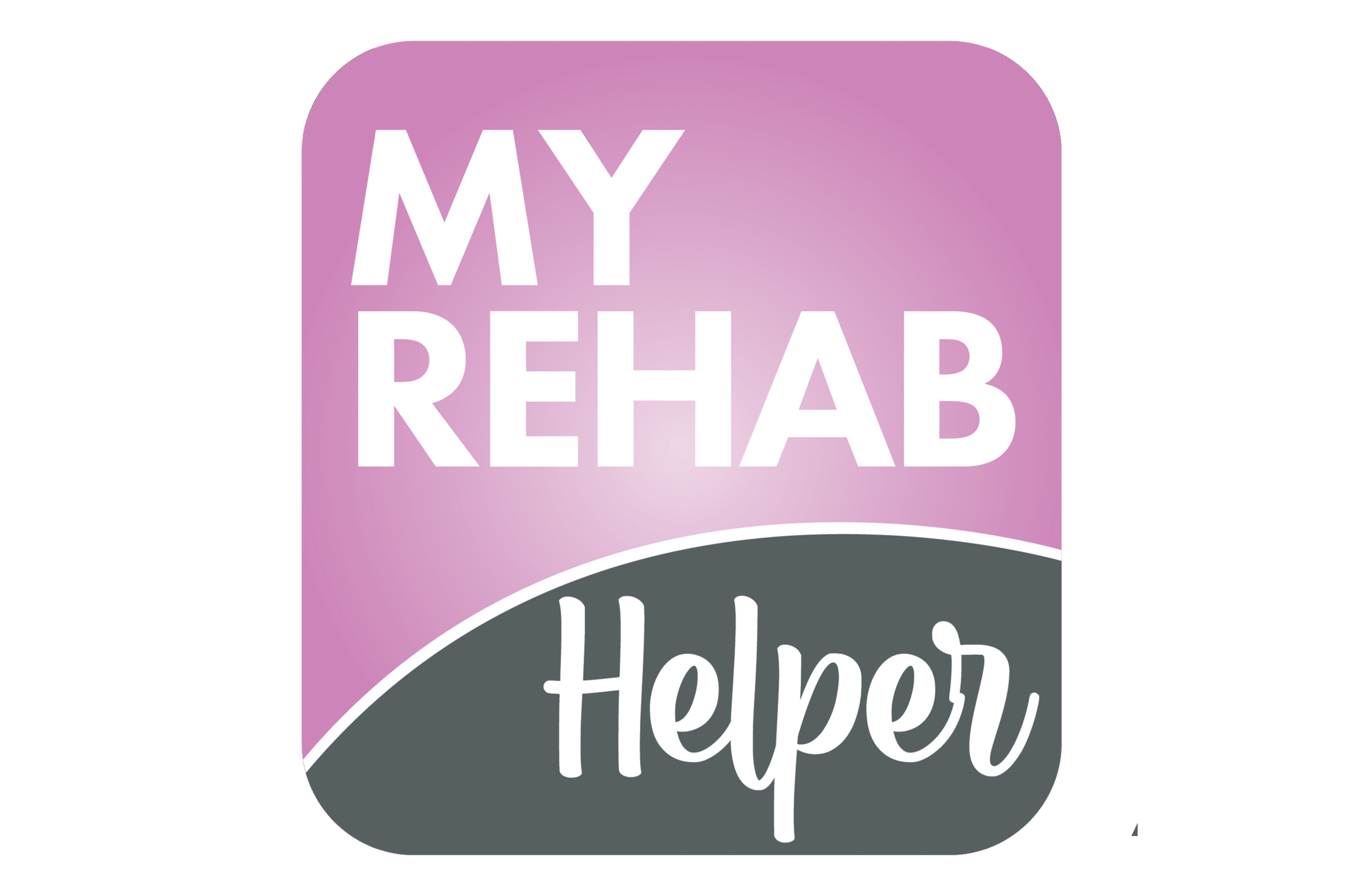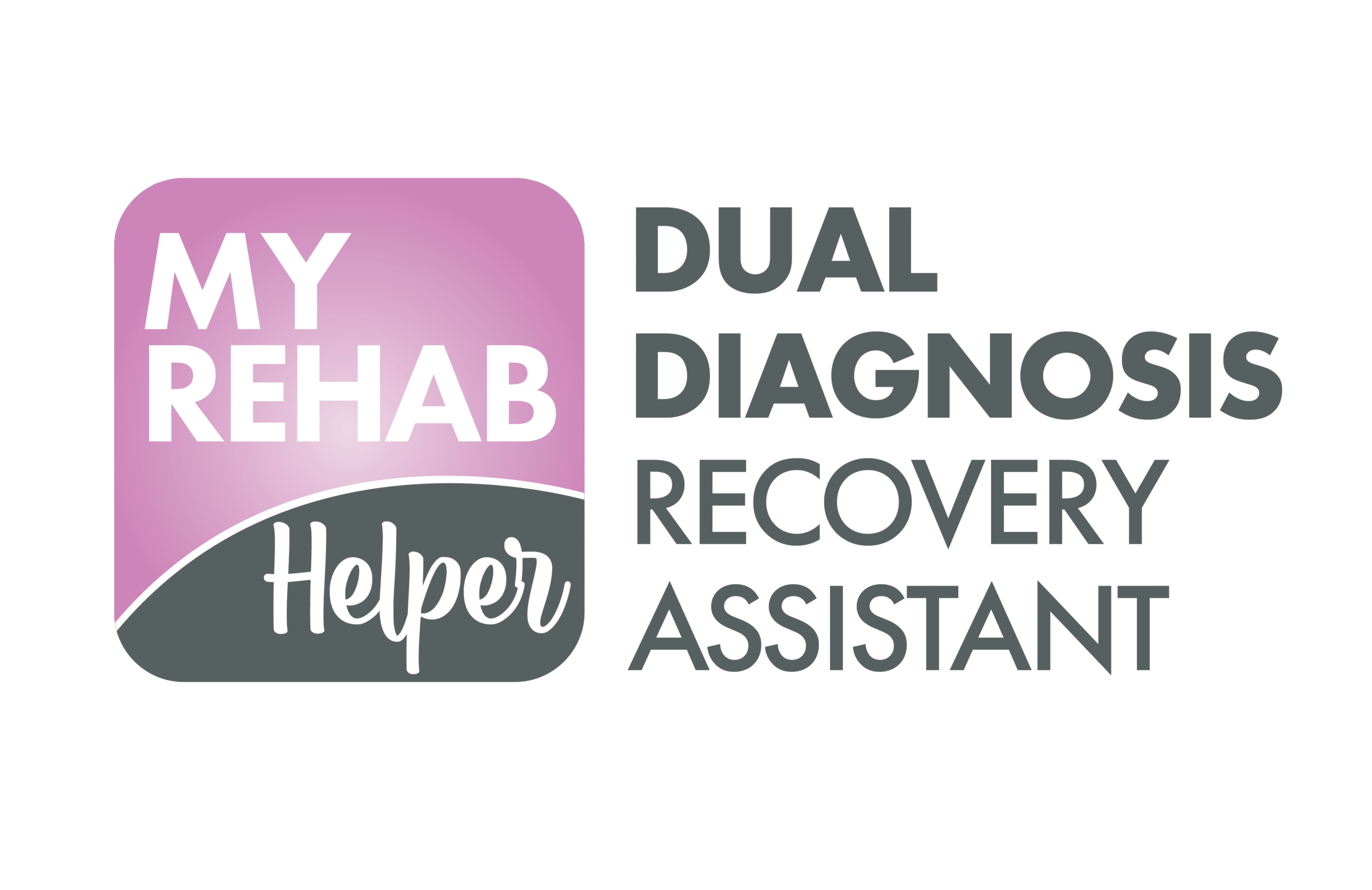
Understanding Benzodiazepine Abuse and Its Risks
Benzodiazepine Abuse: Causes, Risks, and Treatment
Common Benzodiazepines Subject to Abuse
Benzodiazepine abuse refers to the misuse of benzodiazepines, a class of medications primarily prescribed for anxiety, insomnia, seizures, and muscle relaxation. These drugs work by enhancing the effect of the neurotransmitter gamma-aminobutyric acid (GABA) in the brain, which promotes calmness and relaxation. However, their potential for addiction and dependency has made benzodiazepine abuse a significant concern.
Alprazolam (Xanax), Diazepam (Valium), Lorazepam (Ativan), Clonazepam (Klonopin)
Alprazolam, diazepam, lorazepam, and clonazepam are commonly abused. Each has sedative properties. Misuse leads to dependency. Awareness of these drugs is vital.
How Benzodiazepine Abuse Occurs
Prescription misuse occurs frequently. Higher doses are often taken. Recreational use is also common. It enhances sedative effects.
Call one of our MyRehab Helpers now!
Contact one of our helpers for ethical referals to a facility or health care professional that suits your unique circumstances.
Signs of Benzodiazepine Abuse
Tolerance increases with abuse. Withdrawal symptoms are severe. Continued use despite harms is common. Risky behaviors are a hallmark.
Risks of Benzodiazepine Abuse
Addiction and dependence are major risks. Cognitive impairment is significant. Overdose is often fatal. Withdrawal complications can be severe.
Treatment for Benzodiazepine Abuse
Detoxification requires medical supervision. Rehabilitation programs are essential. Cognitive Behavioral Therapy helps. Support groups provide ongoing care.
Prevention of Benzodiazepine Abuse
Adherence to prescriptions is crucial. Monitoring by healthcare providers helps. Patient education is important. Alternatives should be considered.
Physical and Psychological Support
Comprehensive support is needed. Physical health is monitored closely. Psychological interventions are key. Recovery requires collective efforts.
Identifying Addiction Early
Early identification is vital. Symptoms often present subtly. Healthcare providers must be vigilant. Early intervention improves outcomes.
Understanding Withdrawal Symptoms
Withdrawal symptoms are challenging. Anxiety and insomnia are common. Severe cases include seizures. Medical guidance ensures safety.
Building a Support Network
Support networks are crucial. Family and friends should be involved. Peer support aids recovery. Community resources supplement care.
Call one of our MyRehab Helpers now!
Contact one of our helpers for ethical referals to a facility or health care professional that suits your unique circumstances.
Role of Healthcare Providers
Providers play a significant role. They monitor usage closely. Prescriptions should be carefully managed. Ongoing education is required.
Long-Term Management Strategies
Long-term strategies are necessary. They include regular check-ins. Continued therapy aids recovery. Medication management must be ongoing.
Addressing Co-Occurring Disorders
Co-occurring disorders are common. Dual diagnosis treatment is essential. Integrated care improves outcomes. Comprehensive assessment is required.
Promoting Healthy Lifestyle Choices
Lifestyle choices impact recovery. Nutrition and exercise are important. Stress management techniques help. Healthy habits support sobriety.
Encouraging Open Communication
Open communication is encouraged. Patients should feel safe discussing issues. Honesty with providers is vital. Transparency supports better treatment.
